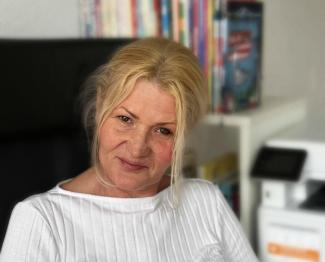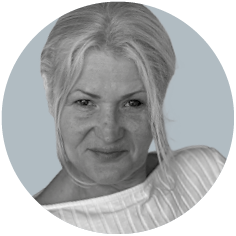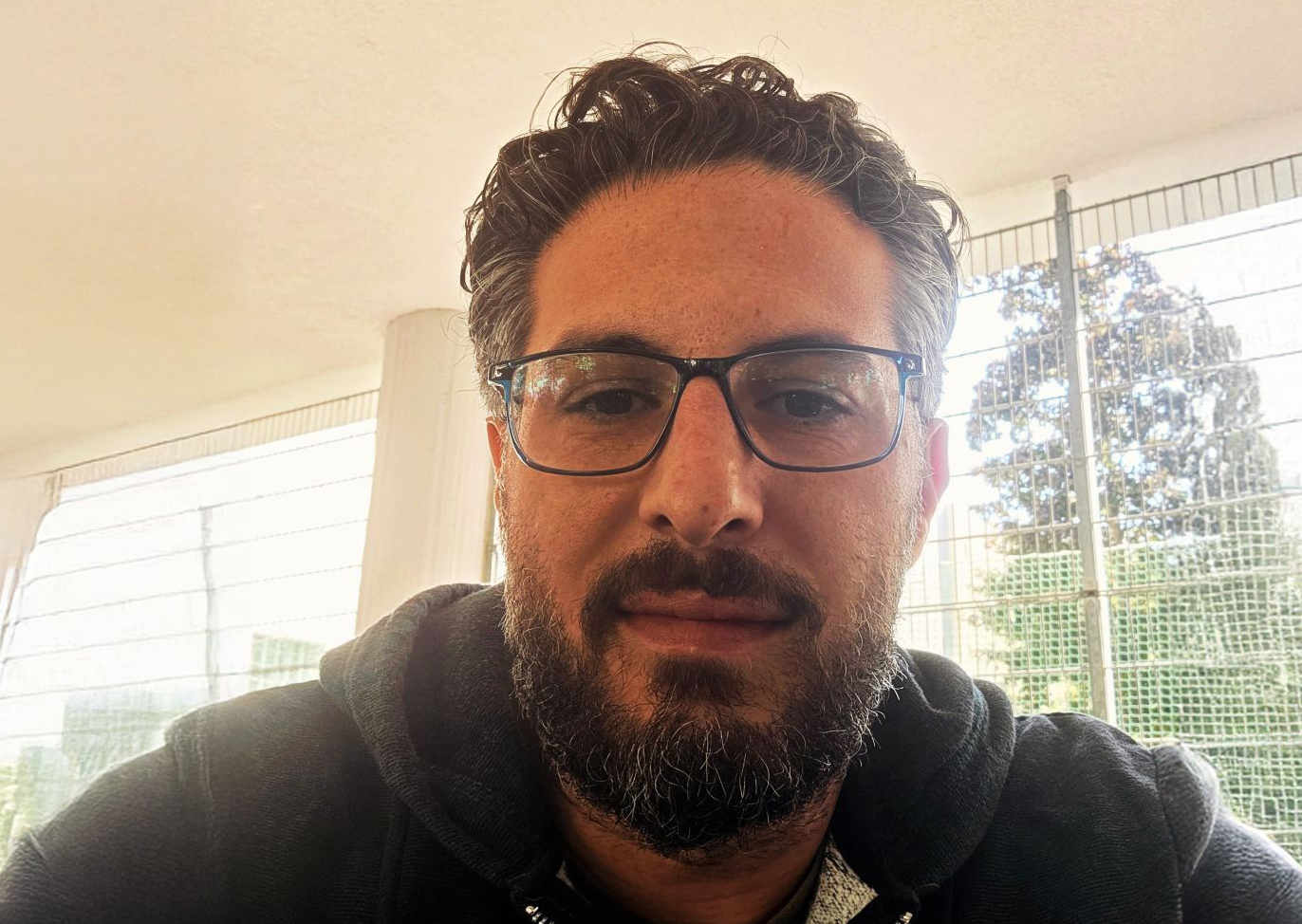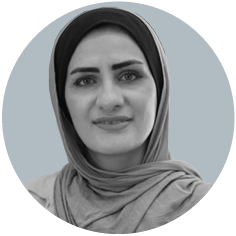Migration to Germany
“Every day I had to force myself to take small steps”

This article is part of a series featuring migrant voices from different parts of the world to Germany, including a nurse from Myanmar, a civil engineer from Kenya and a journalist from Syria.
When and how did you come to Germany?
I’m from Kyiv, in Ukraine. I was 53 years old when my 17-year-old son and I came to Germany in 2022. We left our home town because of the war and were looking for safety and stability. Starting all over again was a big challenge for me.
What did you find most difficult about living in Germany?
Adjusting to a new country is never easy, especially not if you’re over 50. One of the biggest hurdles was the language. Without it, communication is difficult, and you need it to deal with the bureaucracy. I was also weighed down by loneliness and the feeling of having to start over from scratch. We had to get used to new rules, systems and cultural differences. Every day I had to force myself to take small steps that would probably seem easy to other people but were a real challenge for me.
Who or what helped you?
The German classes I took were helpful. So were the friendly people I met. My son is very supportive, too. We overcome challenges together. My volunteer work is particularly important to me. I volunteer as a barista in the cafeteria of a retirement home. I also volunteer at MädchenbüroMilena, an organisation that supports women and girls in Frankfurt, and take daily German classes there. I am very grateful to the organisation’s team for that. My volunteer activities make me feel needed, boost my self-confidence and are helping me to integrate more quickly into German society.
Do you feel at home in Germany?
I’m slowly starting to feel at home in Germany, but the integration process takes time, patience and effort. I have a place to live and am learning German every day and gathering experience through my work and volunteer activities. Things aren’t easy at my age, but that’s what makes any progress so valuable. To feel completely at home, I’d like to understand the German language even better and find permanent work. I have no plans to return to Ukraine at the moment. I want to build a future here with my son. He’s 20 now and has worked as a part-time caterer for a year.
Antonia Konarska from Ukraine lives in Frankfurt today and conducts volunteer work, including for MädchenbüroMilena, an educational and integration facility for girls, women and their families.
euz.editor@dandc.eu
















